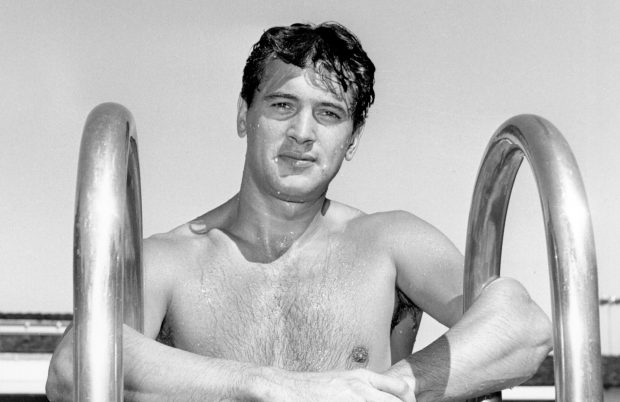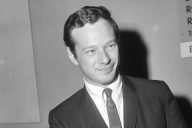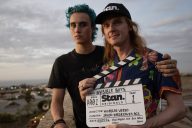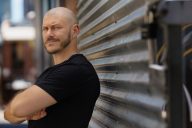A new documentary on Hollywood legend Rock Hudson explores his hidden gay life through the actor’s friends, former lovers and hidden subtexts in his movies. I spoke to director Stephen Kijak.
Rock Hudson should be remembered as one of the most popular actors of all time. He starred in movies with Elizabeth Taylor, Doris Day, Gina Lollobrigida, Lauren Bacall, Angie Dickinson, Julie Andrews and Mia Farrow. During the run of McMillan and Wife, he was the highest-paid star on television. Hudson was incredibly charismatic, drop-dead handsome, and gay. Sadly, for most, he is remembered as the famous actor who died of AIDS.
But there are many facets to the Rock Hudson story. His entry into the film business and rise to fame, which was carefully marketed by Hollywood executives. The cover-ups of his gay lifestyle, the classic films including Giant and Magnificent Obsession and an array of incredible leading ladies.
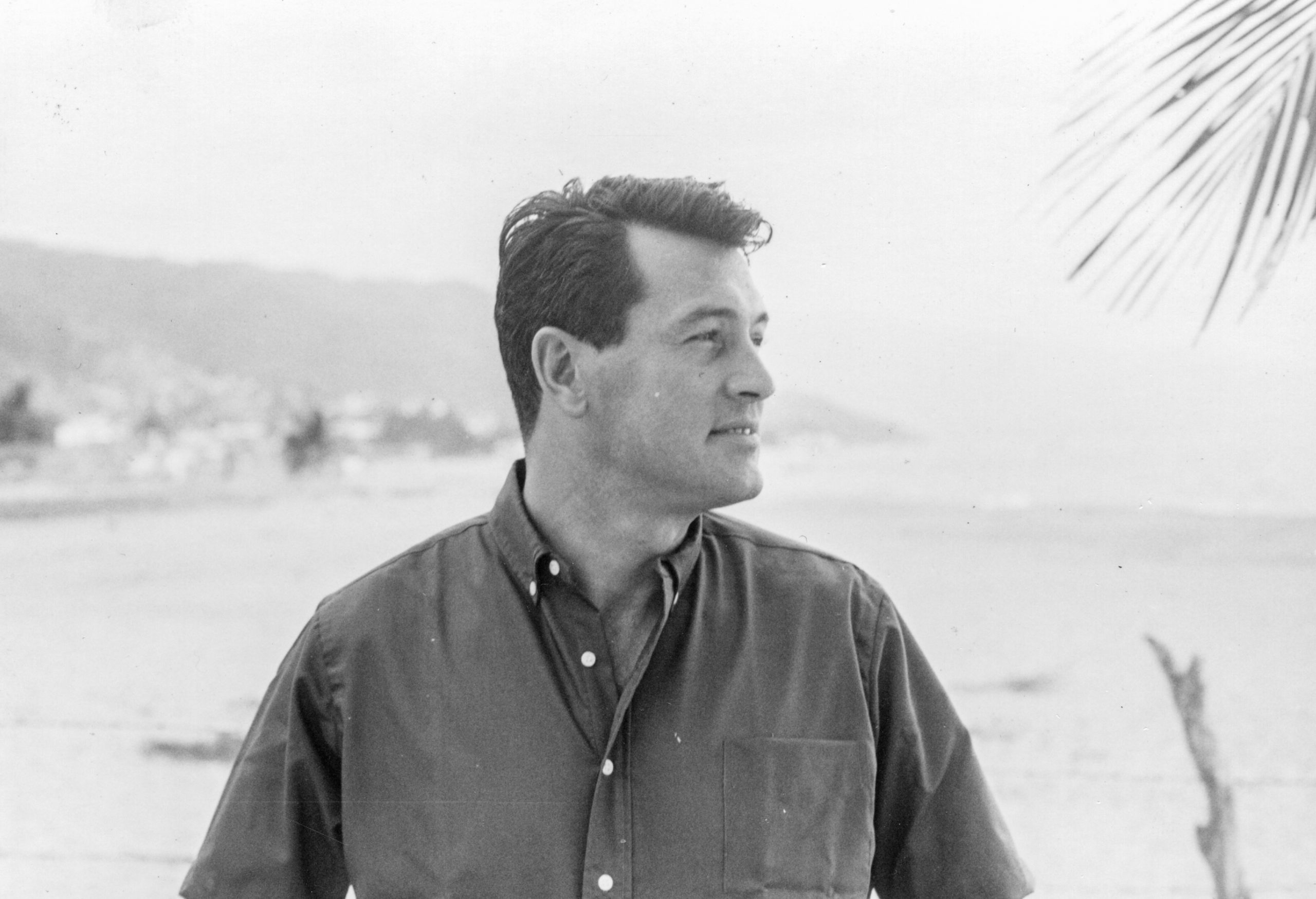
Rock on vacation in Puerto Vallarta Photo courtesy of Lee Garlington
His death from AIDS in 1985 made world headlines, ultimately overshadowing the matinee idol’s prestigious career. However, the one positive was that Hudson’s death spotlighted a disease that had been ignored by many.
“If you’re joking about it in a big-budget movie with Doris Day then you can’t possibly actually be gay, right?” – Stephen Kijak
Director Stephen Kijak, who has made several in-depth documentaries with subjects including The Rolling Stones, Backstreet Boys, Judy Garland and the LGBTIQ+ docuseries Equal, has put together an insightfully revealing film titled Rock Hudson: All That Heaven Allowed.
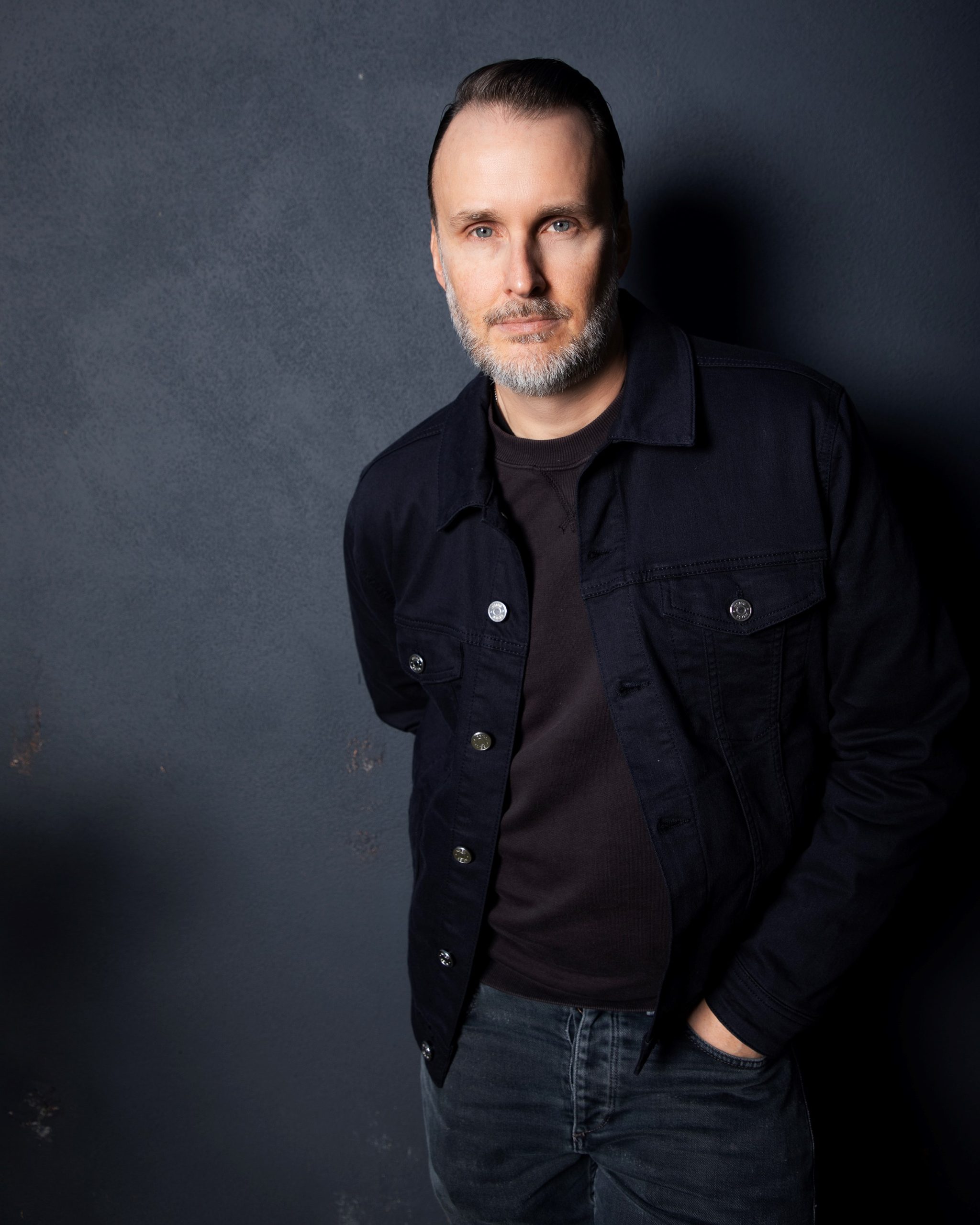
Director Stephen Kijak
“I was looking to take a detour out of the music world and wanted to do something with more of a social point,” says Kijak.
“Having done Equal for HBO Max was fulfilling in telling LGBTQ+ stories again, and I was looking for another. This dropped into my lap and was perfect. The Rock story has it all!”
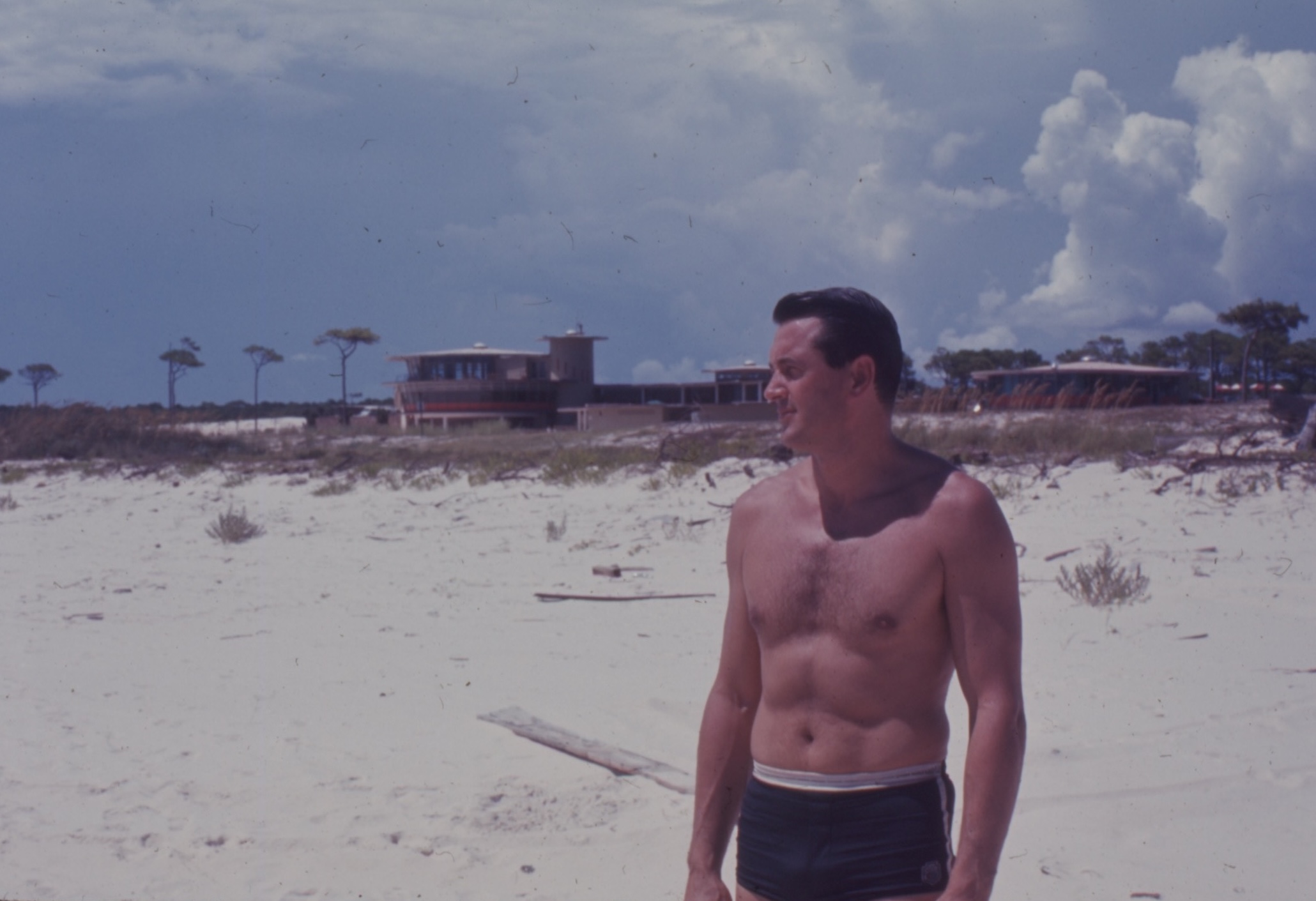
A rare photo of Rock on holiday
Hudson’s story is indeed captivating but is sadly overshadowed by tragedy. He has been long forgotten and unappreciated by many. In fact, at the end of Kijak’s documentary, Hudson himself quotes the English poet George Eliot – “Nobody really dies until they ‘re forgotten”.
“A lot of people have completely forgotten him altogether,” says Kijak.
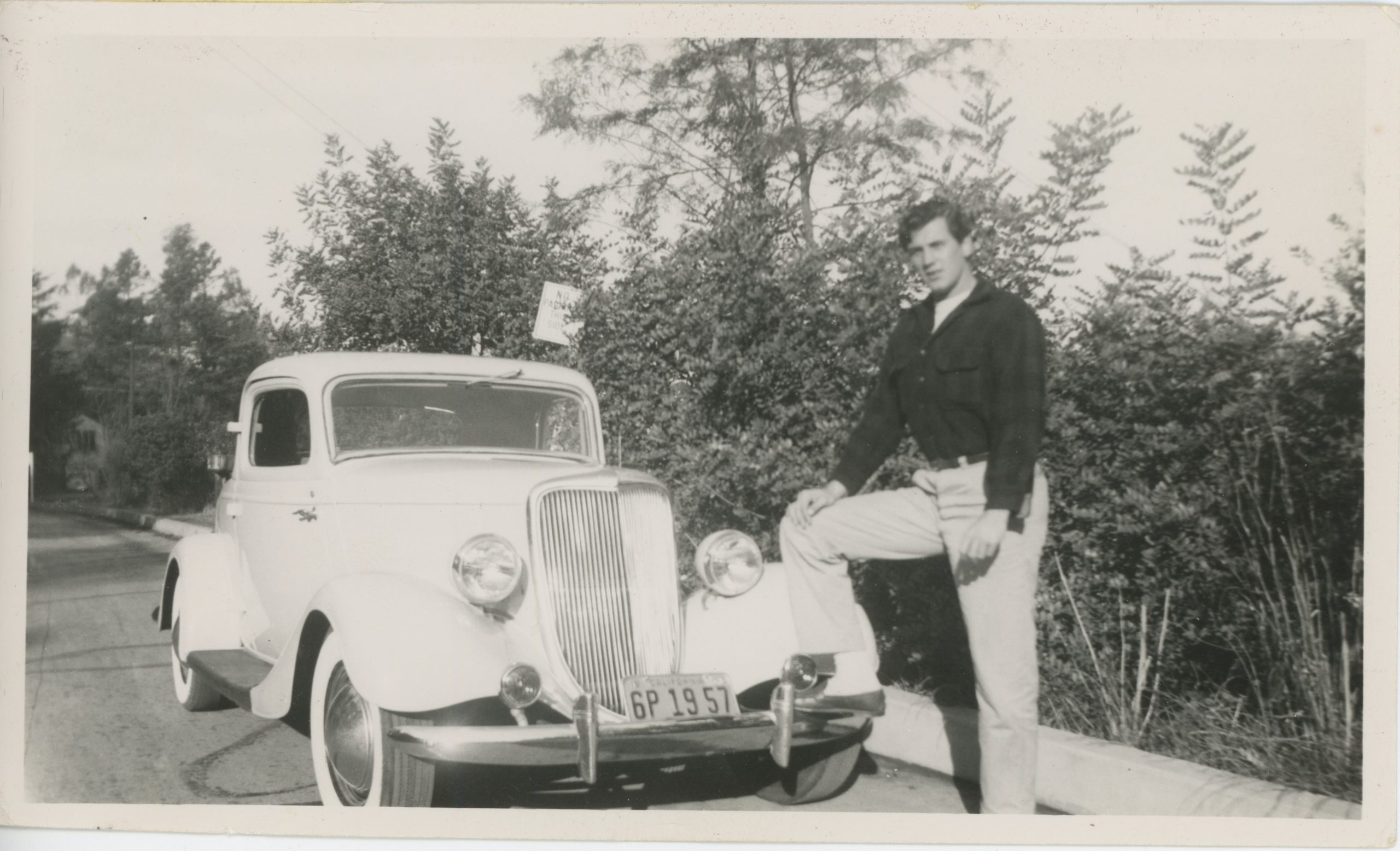
An early photograph of Roy Harold Scherer Jr
“He’s not James Dean or Marilyn Monroe. I’ve always said, “Die young stay pretty!” Rock withered away and we either remember the moment when he died or maybe a few campy films from the Sixties. There hasn’t been a great appreciation or re-evaluation of his story, body of work or contribution to cinema – which itself is massive. There’s a lot of depth there to explore.”
The meticulously researched documentary delves deep into Hudson’s life through interviews, including dialogue by the subject himself. Kijak pieces together those classic film scenes where art imitates life, providing a clever narrative.
“Rock was in an enormous amount of denial himself but was also traumatised by having to kiss Linda Evans.” – Stephen Kijak
“We relied on Mark Rappaport’s early Nineties film Rock Hudson’s Home Movies,” says Kijak.
“That in itself is an essay film about the double entendre and hidden gay life buried within Rock’s movies. So, we had a blueprint, but we also started from scratch. With my editor, we watched almost seventy films and TV shows. We looked for anything that could connect to his life story. Sometimes just for a glance, a door opening or a phone call. Little pieces that could be stitched together to tell stories and there’s a lot in there.”
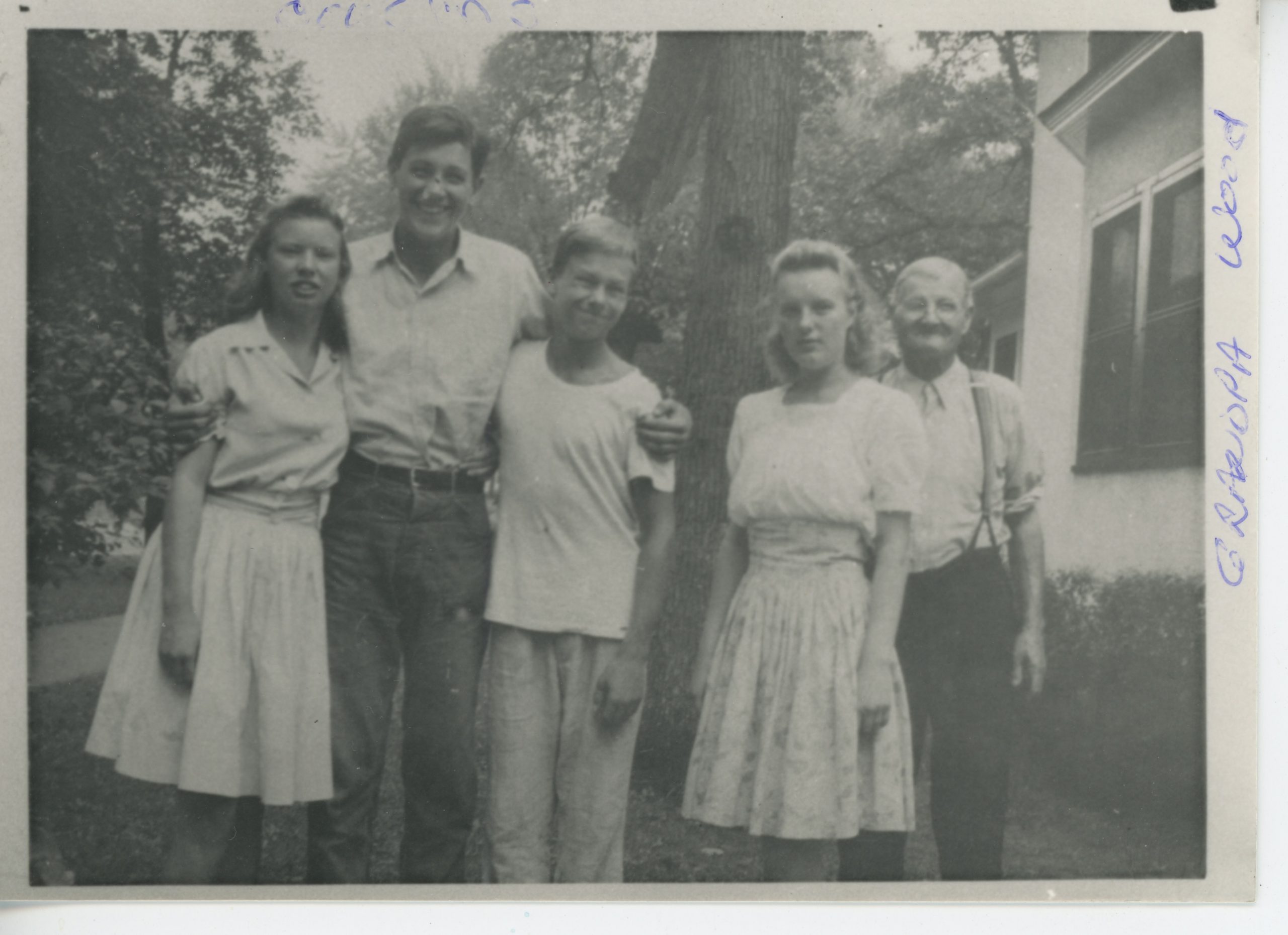
An early family photo of Rock with family
In the film, Armistead Maupin points out that gay producer Ross Hunter gave Hudson’s characters and storylines a deceptive, even suggestively gay persona. There’s no doubt the actor’s films have many a nudge-and-a-wink moment. “Hiding In closets isn’t going to cure you”, says Leslie Caron’s character in 1965’s A Very Special Favor. The line may be referring to something else, but as film critic Tom Santopietro points out in the documentary, it was a ‘house of mirrors’.
“It’s shocking that they were that upfront about it,” says Kijak.
“The jaw drops! He had to have been in on the joke. I can only imagine what an audience ‘in the know’ must have thought. Maybe these were his not-so-hidden codes and messages right there for the taking. That the public didn’t pick up on it is a shocker. It’s like what we say in the film – “You’re just hiding in plain sight”. If you’re joking about it in a big-budget movie with Doris Day then you can’t possibly actually be gay, right? There’s no way! Not Rock Hudson! But now we get to go back, thinking were they trying to tell us something?”
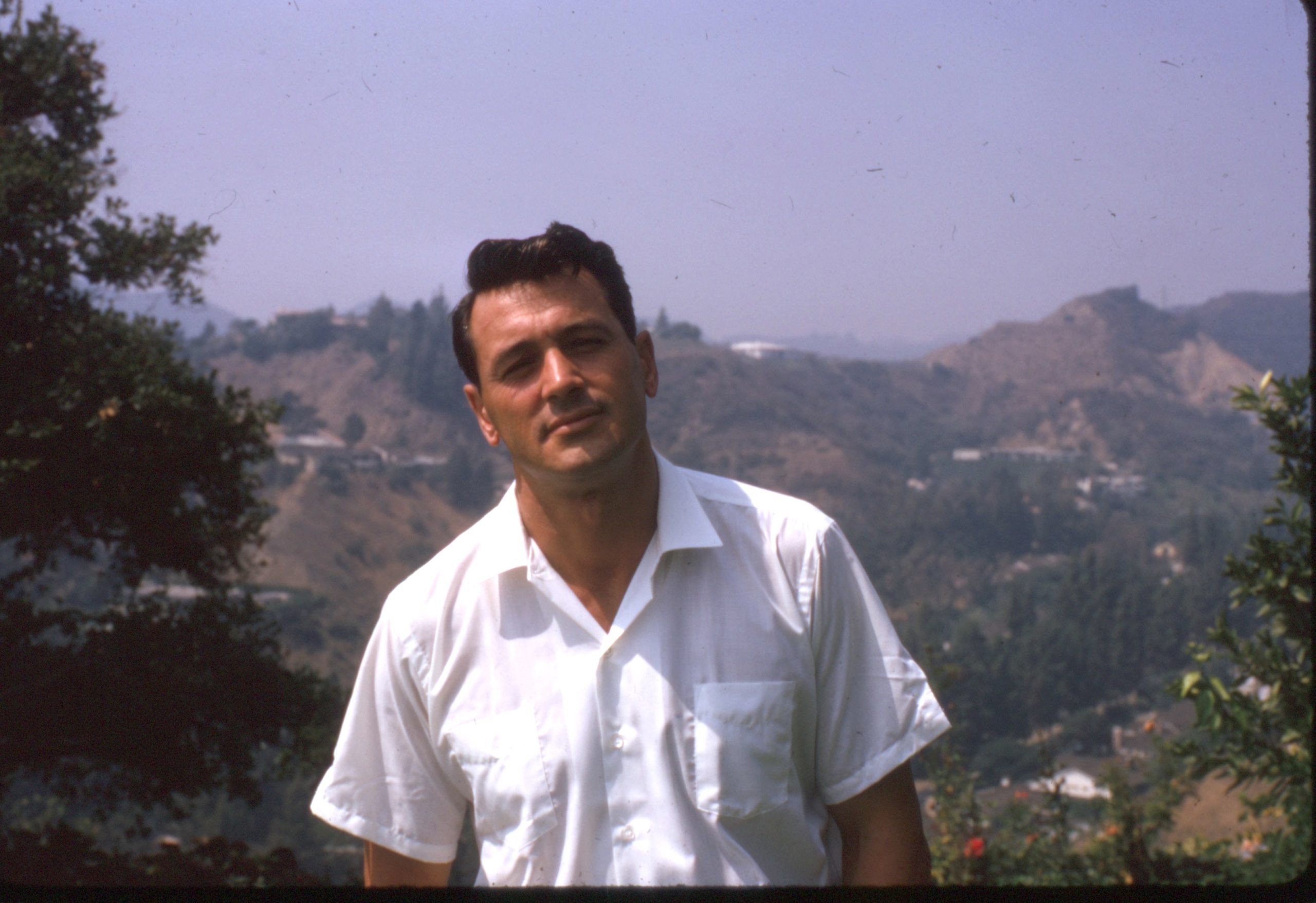
Rock was undoubtedly one of the best-looking actors of his time
For the project, Kijak interviewed many associated with Hudson, both professionally and privately as well as securing archive interviews gained by Mark Griffin – author of the book All That Heaven Allows: A Biography of Rock Hudson.
“Mark helped us out and interviewed a lot of people which is why we have Betty Abbott-Griffin the script supervisor from Universal Films way back in the 1940s! A lot of the voices in the film are no longer with us but thanks to Mark, he captured many. Anyone whose interest has been raised by this film should read his book.”
“Nobody really dies until they ‘re forgotten.” – Rock Hudson.
Some that Kijak interviewed include the late Piper Laurie who starred with Hudson in the 1952 comedy Has Anybody Seen My Gal? and Esther Shapiro, producer and creator of TV’s Dynasty which Hudson guest-starred in while undisclosed with HIV. It was during this time that he shared a controversial screen kiss with co-star Linda Evans. In her own tearful words, Evan’s explains her empathy for Hudson and the discrimination she received herself on set due to AIDS paranoia. Listening to Evans indeed puts a lump in the throat.
“Yeah, it’s very moving,” says Kijak.
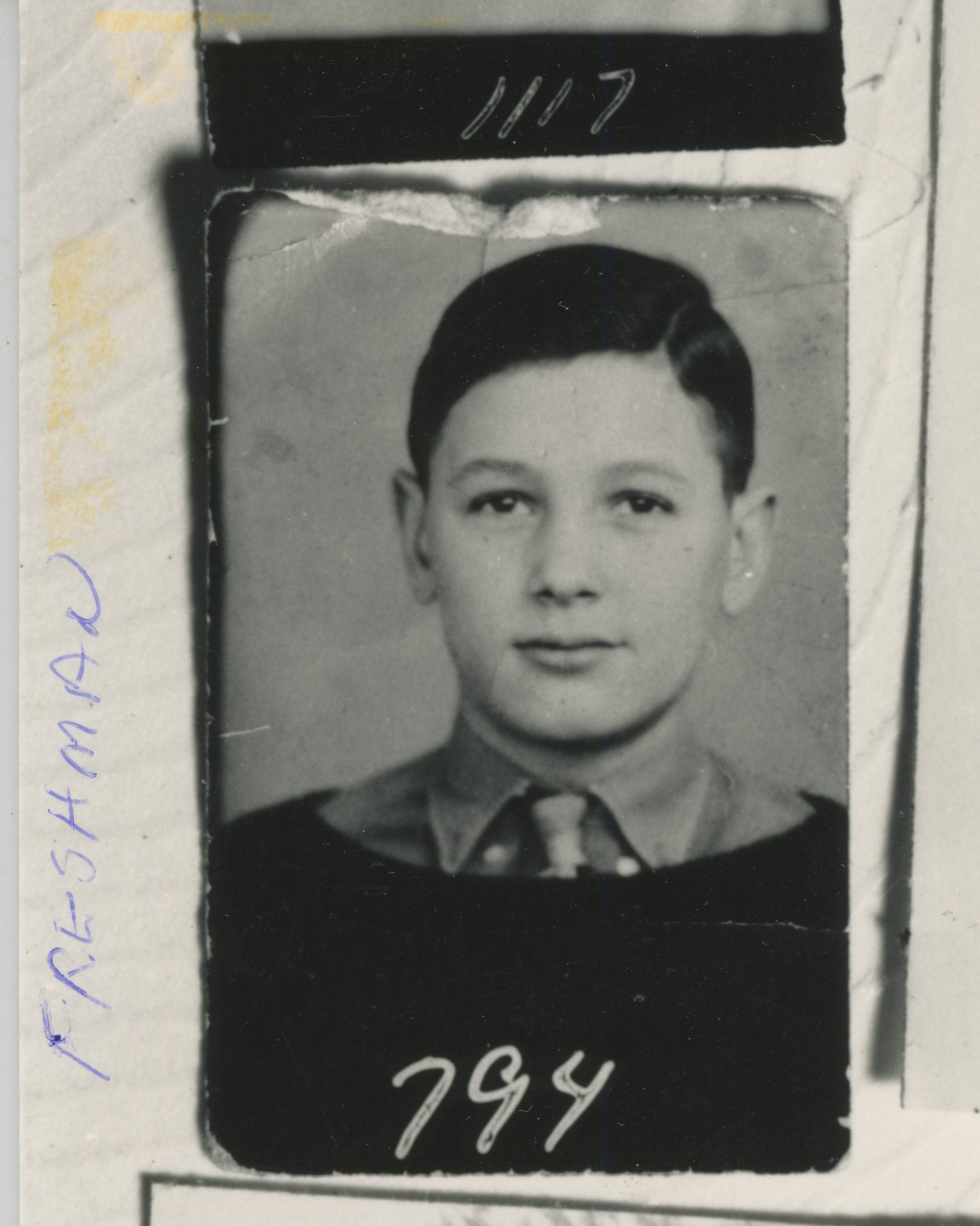
The young Rock Hudson (Roy Harold Scherer Jr)
“Again, people just forget how intense it was. There was fear and confusion around those times, and no one knew what was happening. Rock was in an enormous amount of denial himself but was also traumatised by having to kiss Linda because, at the time, no one knew what was going on. Linda’s been such a great ally and supporter. She was just trying to do her job and had no idea what was going on behind the scenes.”
“Because someone had been around someone else with AIDS, people would avoid them like the plague, thinking it would be in the air and you’d catch it. That’s how crazy it was and not dissimilar to our first freak-out over Covid. But AIDS cut a lot deeper because of its association with gay people. A heightened amount of fear and homophobia went with it.”
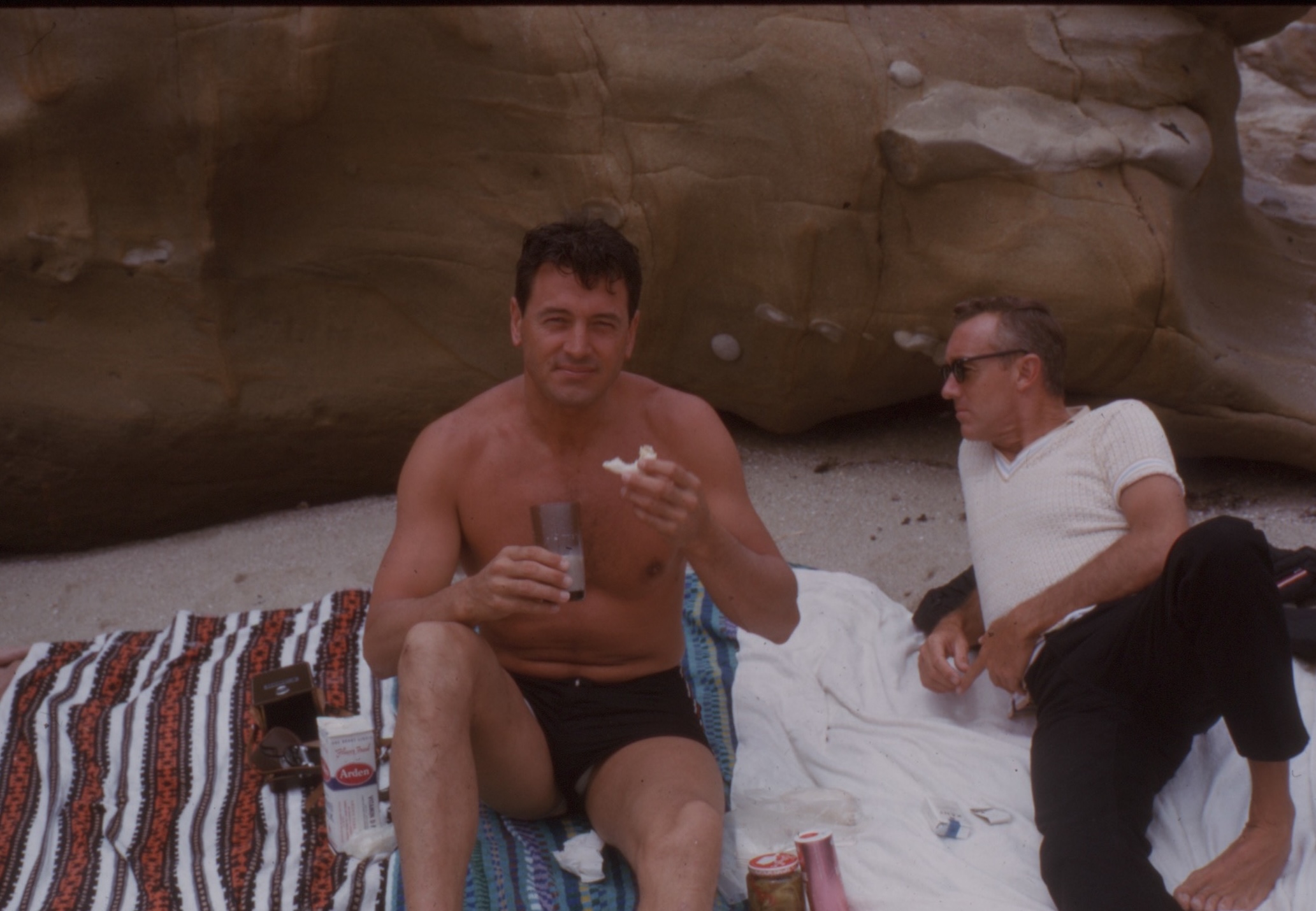
A rare photo of Rock on holiday
Stigma and discrimination towards people with HIV/AIDS (serophobia) during the early days of the virus were common, but the lack of awareness was the greatest hurdle. This was a time when US President Ronald Reagan refused to acknowledge the disease, even though Hudson was a personal friend.
“People have just forgotten that whole period,” says Kijak.
“Another reason I did this film was for a bit of historical corrective and a reminder of how extremely difficult things were at that time. There was so much fear and misinformation. People didn’t even know how you got AIDS. Could you get it from shaking hands or kissing? It was an unbelievable panic. Then a famous person is discovered to have HIV and it becomes a shock around the world, finally elevating the conversation. There was backlash at first, but anything of that magnitude could only help push the conversation further. We don’t know how engaged Rock was in that dialogue, but we can’t deny the effect of it. It wasn’t like he came out and everything was great. We still had a decade or more of a horrible fight against HIV/AIDS, but it was a huge start that helped with fundraising and such. It can’t be understated.”
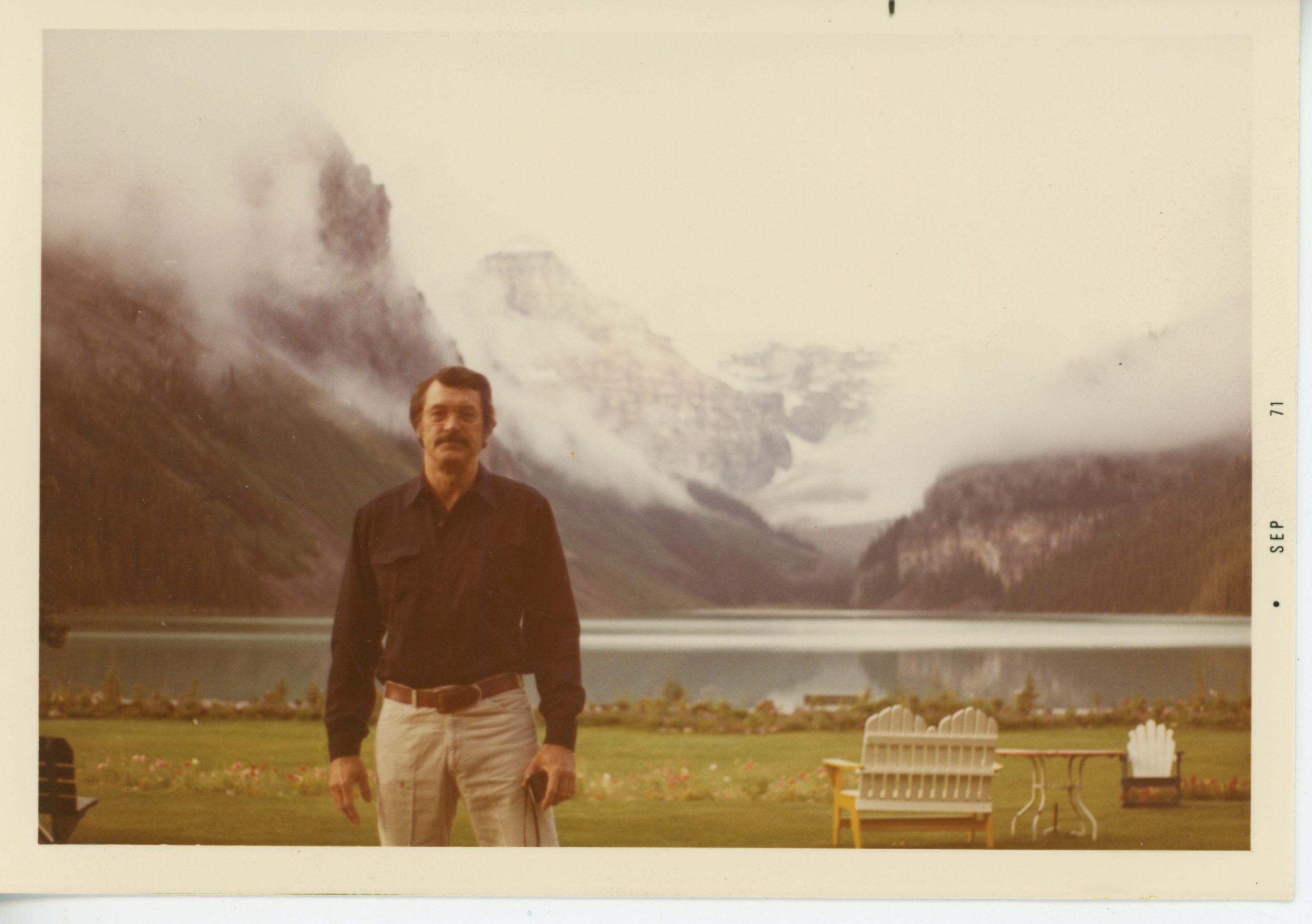
Rock in later years
After all his fame, fortune and glory, Hudson’s death was nothing short of a tragedy, but when all is said and done, did he have a happy life?
“I think so,” says Kijak.
“The end was just fraught with denial, confusion, sadness and anger over how his life had to end. He may have been aware that his legacy may not have been as a great actor, and I honestly think that was probably his greatest pain. That maybe he wasn’t taken as seriously as he should have been. But once you whittle it all down, he’s a fine actor who deserves a lot more respect. He was absolutely one of the greats.”
ROCK HUDSON: ALL THAT HEAVEN ALLOWED will be available to rent and own on digital from 25th October.
Available to watch on Amazon Prime. Apple TV and Google Play

